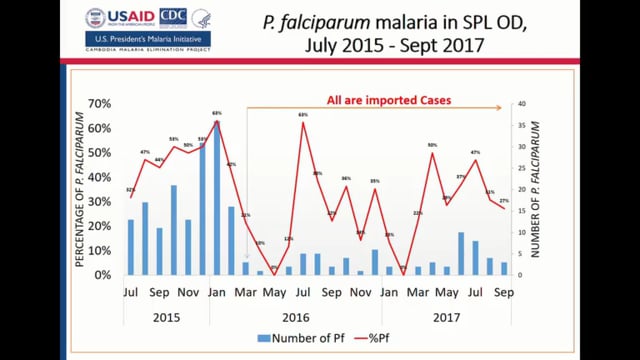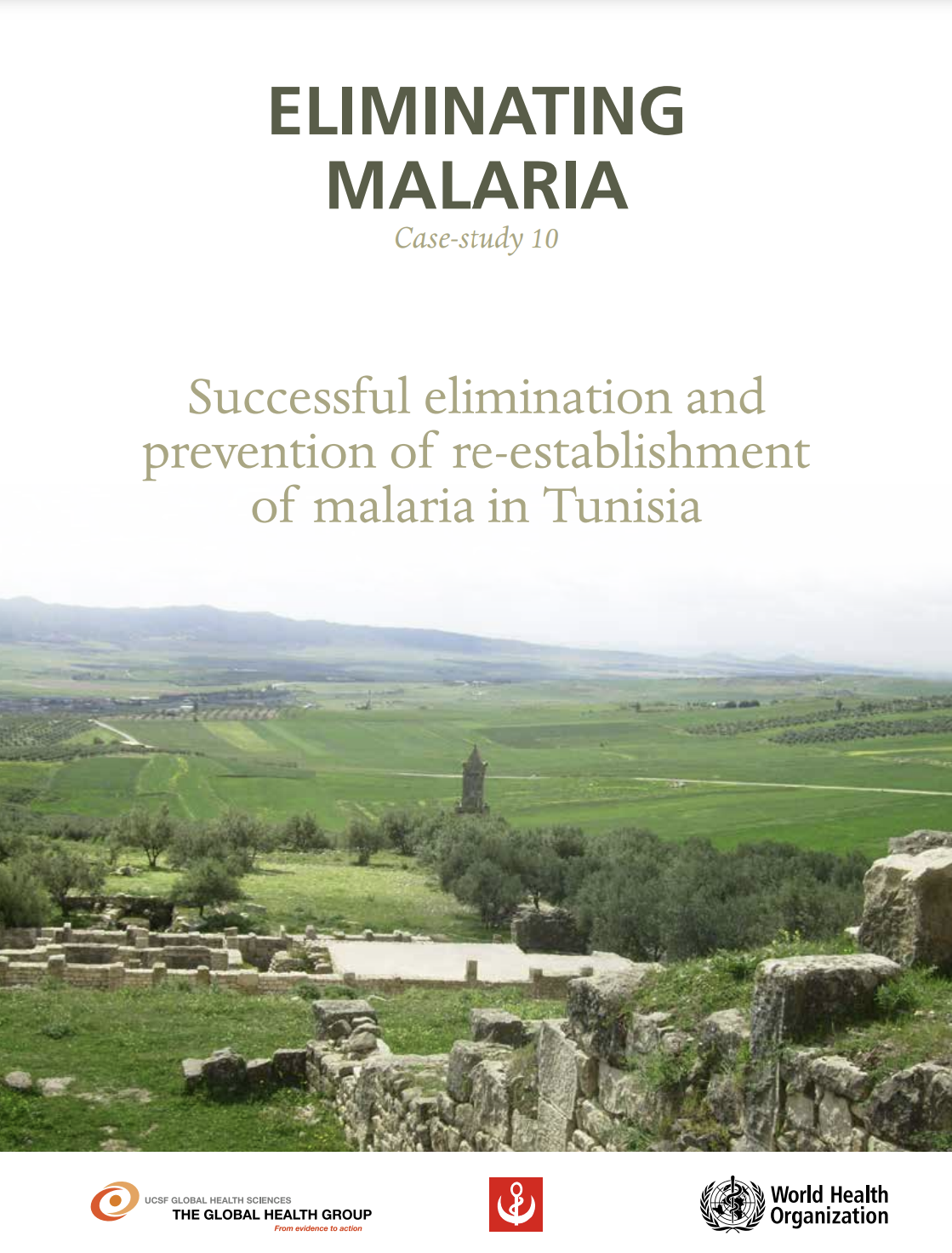Last Updated: 05/03/2021
Malaria elimination using the 1-3-7 approach: lessons from Sampov Loun, Cambodia
Objectives
The purpose of this study was to detail the experience in Sampov Loun (Cambodia) in implementing the 1-3-7 elimination surveillance approach and to discuss challenges and lessons learned for potential future scale-up.
Cambodia adopted a simplified 1-3-7 surveillance model in the Sampov Loun operational health district in western Cambodia beginning in July 2015. The 1-3-7 approach targets reporting of confirmed cases within one day, investigation of specific cases within three days, and targeted control measures to prevent further transmission within seven days. In Sampov Loun, response measures included reactive case detection (testing of co-travelers, household contacts and family members, and surrounding households with suspected malaria cases), and provision of health education, and insecticide-treated nets. Day 28 follow up microscopy was conducted for all confirmed P. falciparum and P. falciparum-mixed-species malaria cases to assess treatment efficacy.
Jul 2015 — Jan 2017


